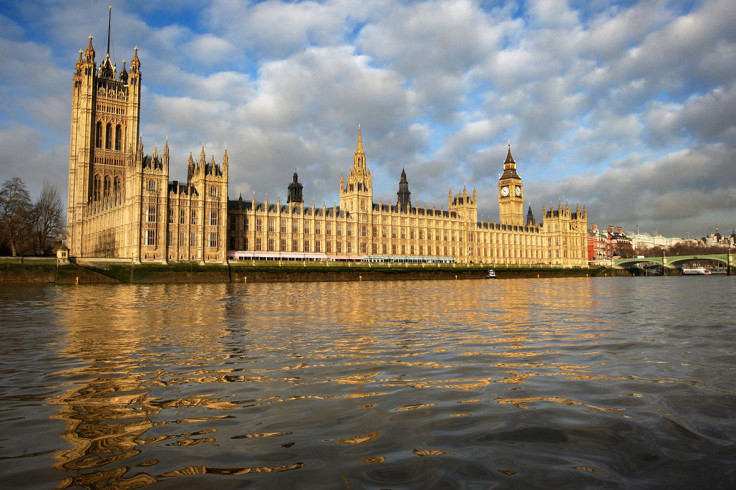Westminster Child Abuse: NSPCC says Concealing Abuse Must be Criminalised as 'Law Doesn't Protect Children'

The head of the NSPCC has said people who cover up child abuse should be prosecuted, as fears grow that allegations against politicians were buried during the 1980s.
Peter Wanless, the chief executive of the child protection charity, said that institutions such as hospitals, children's homes and boarding schools should be duty-bound to report abuse.
"If someone consciously knows that there is a crime committed against a child, and does nothing about it because they put the reputation of the organisation above the safety of that child, that should be a criminal offence," Mr Wanless told BBC Radio 4's Today programme.
The charity said the "law is not protecting children", but has previously opposed all forms of mandatory reporting.
The government faced fresh calls for an overarching inquiry into historical cases of child sex abuse as it was revealed that over 100 Home Office files potentially relevant to allegations of a Westminster paedophile ring were destroyed, lost or missing.
Mr Wanless is currently heading a review into concerns that the Home Office failed to act on historic allegations of child sex abuse contained in a dossier handed over in the 1980s to Leon Brittan, then home secretary, by former Tory MP Geoffrey Dickens.
A second inquiry examining historical sex abuse and the protection of children by institutions will be led by senior judge Elizabeth Butler-Sloss.
Dickens, who died in 1995, had previously told his family that the information he gave to the home secretary in 1983 and 1984 would "blow the lid off" the lives of powerful child abusers, including eight well-known figures.
In a letter written to Dickens, Brittan suggested the information would be passed to the police. However, Scotland Yard says it has no record of any investigation into the allegations.
Last week, the Home Office made public a letter to Keith Vaz, chairman of the Home Affairs Select Committee, in which the department confirmed that correspondence from Dickens had not been retained. It said it had found "no record of specific allegations by Mr Dickens of child sex abuse by prominent public figures".
The Home Office's permanent secretary, Mark Sedwill, later admitted that 114 potentially relevant documents related to the allegations were missing from the department's records. In a published letter, Sedwill told Vaz the missing documents were not within the 278,000 documents the department destroyed as part of its "retention and destruction" policy.
Meanwhile, a former West Mercia Police officer told the BBC that he saw documents in the 1990s which suggested the existence of a network of child abusers including public officials and clergy.
Terry Shutt, a former detective constable involved in the 1992 arrest of Peter Righton, a founding member of the Paedophile Information Exchange, said five suitcases of letters found when Righton's home was raided pointed to a paedophile ring.
The Metropolitan Police did not comment on the case, but a police source from the time said it was "nonsense" to say the investigation was closed down.
© Copyright IBTimes 2025. All rights reserved.





















